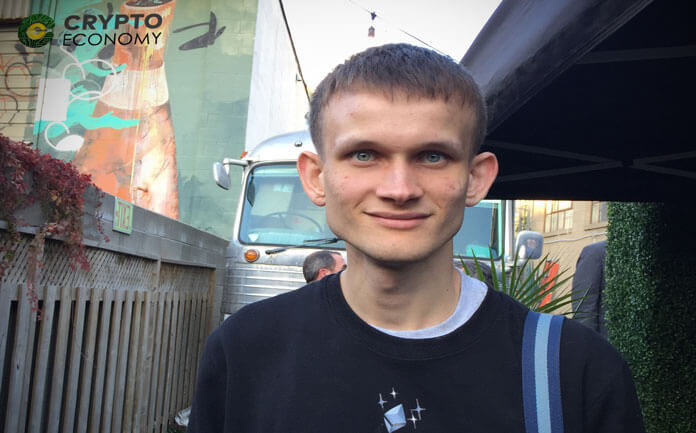
The blockchain of the second Ethereum cryptocurrency capitalization is almost full, and scalability is one of the most problematic sections of the network. Such recognition in an interview with The Toronto Star was made by the co-founder of this popular smart contract platform Vitalik Buterin.
That, he said, is today one of the biggest hurdles for large organizations interested in the Ethereum ecosystem.
“Scalability is a big problem area because the blockchain is almost full. Large organizations see that if they join [Ethereum], the blockchain will not only become even more complete, but they will also have to compete with others for the transaction space. Already, it is expensive, but if they join, it will be five times more expensive. This pressure scares people away, ”Buterin said.
To remedy the situation, he says, it is necessary to move away from the model in which each computer on the network verifies each transaction and switch to a model where one computer on average checks a small part of the transaction in the blockchain.
Such an approach will lead to a significant reduction in costs, although to the detriment of security, but the cost of a compromise, Buterin believes, will be "quite modest."
In addition to scalability and other technological improvements, a challenge remains as the transformation of blockchain technology into something that people will really use.
“Scalability is not the only problem. There are challenges with usability, with security and privacy, although there are improvements. There are also improvements from a technical point of view, but even if the technology is sufficiently developed, how to turn it into what people will use? ” Buterin added.
Recall, in October, the first part of the planned Ethereum network hard fork called Istanbul is due to take place. Last week, developers approved six changes to the code base, which should be included in this upgrade. The second part of the hard fork, which should include the new ProgPoW mining algorithm, is expected to take place in the first quarter of 2020.
Subscribe to BlockchainJournal news on Facebook !
BlockchainJournal.news
BlockchainJournal.news


